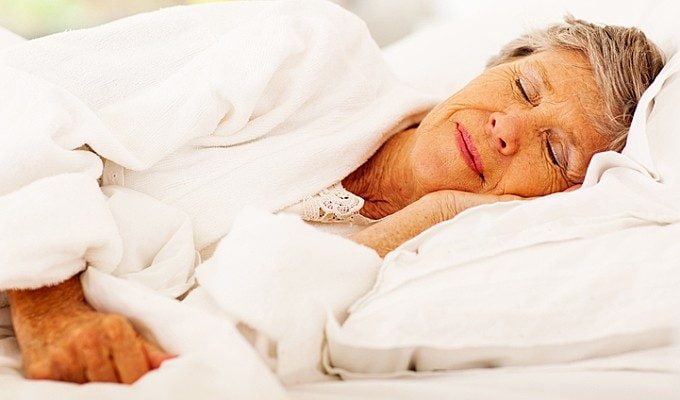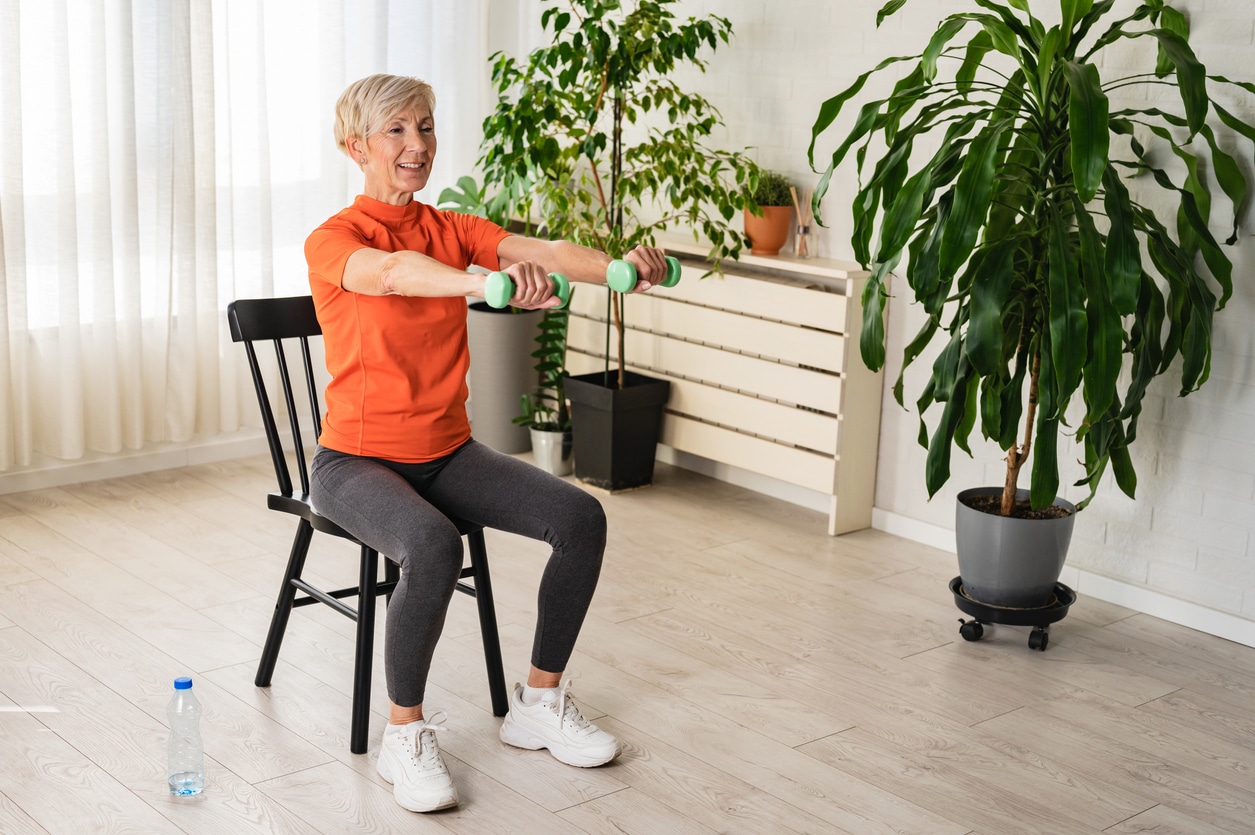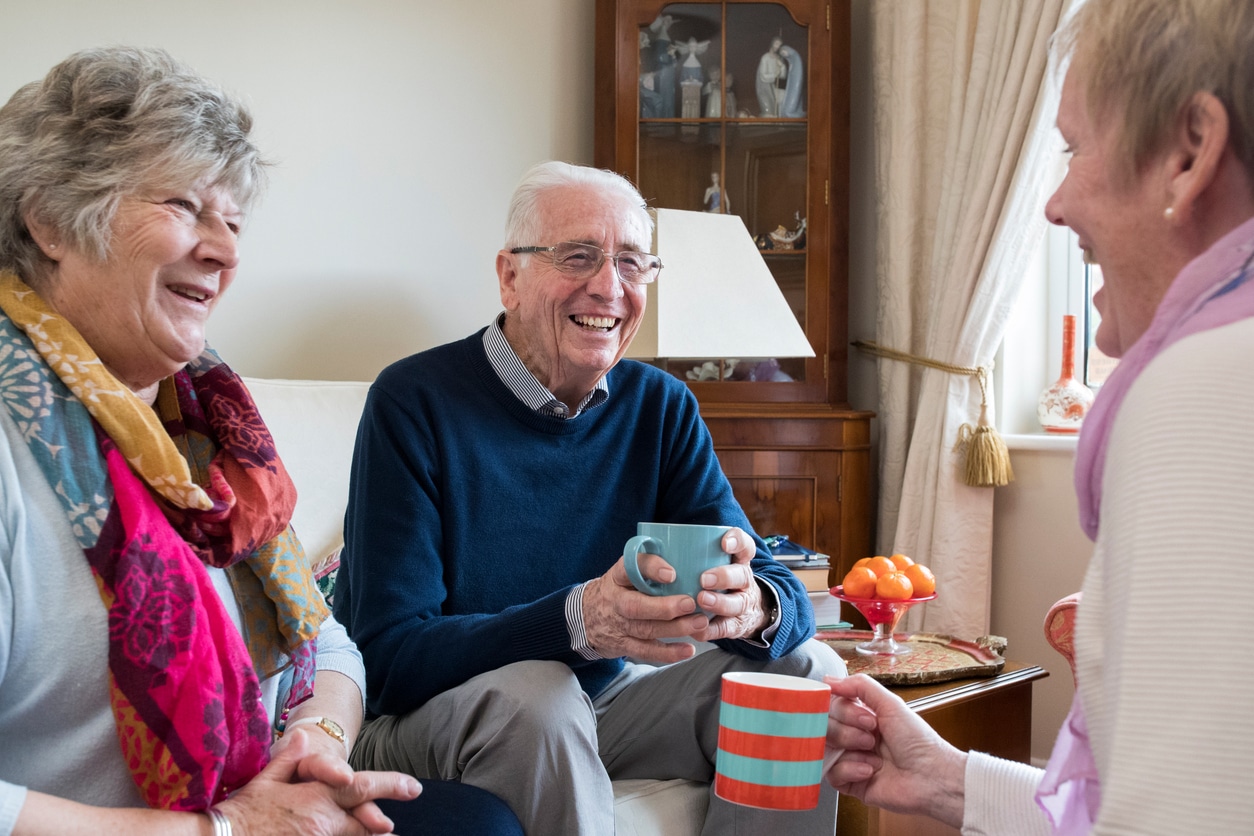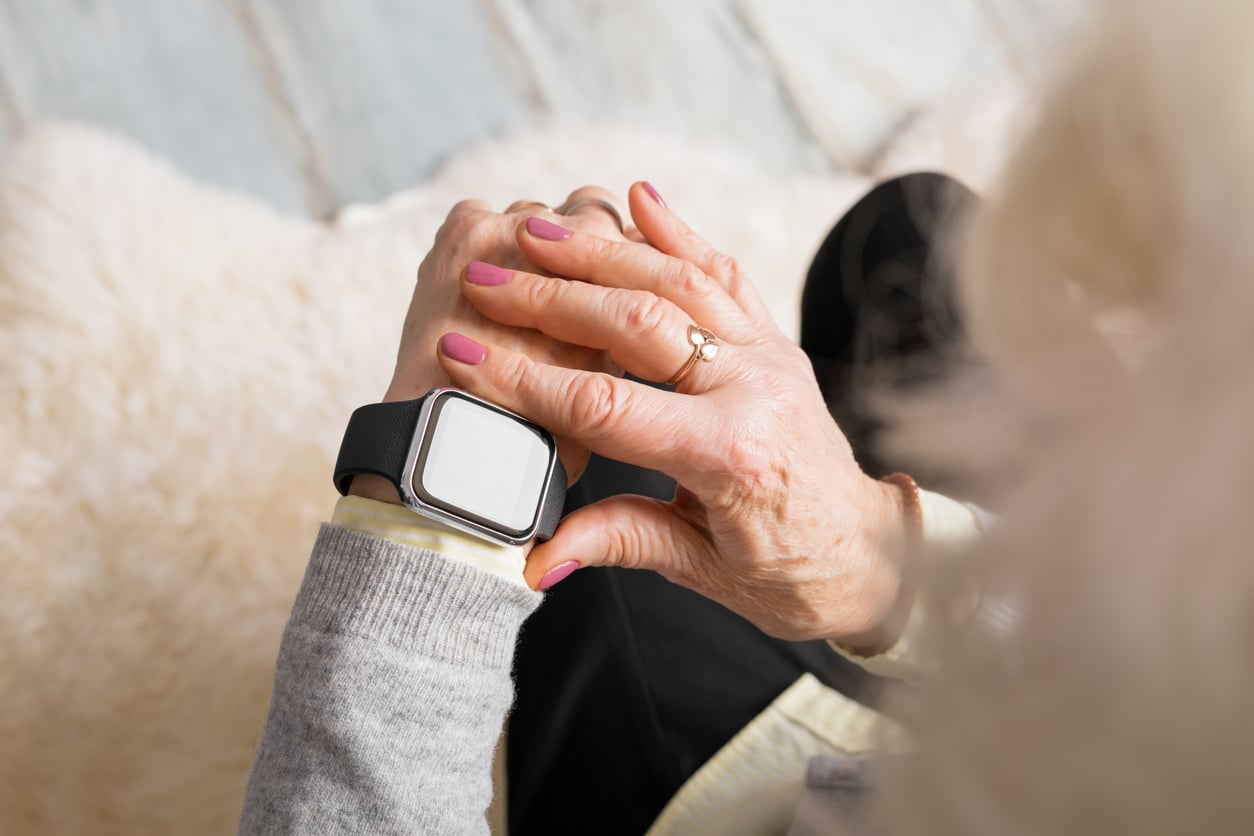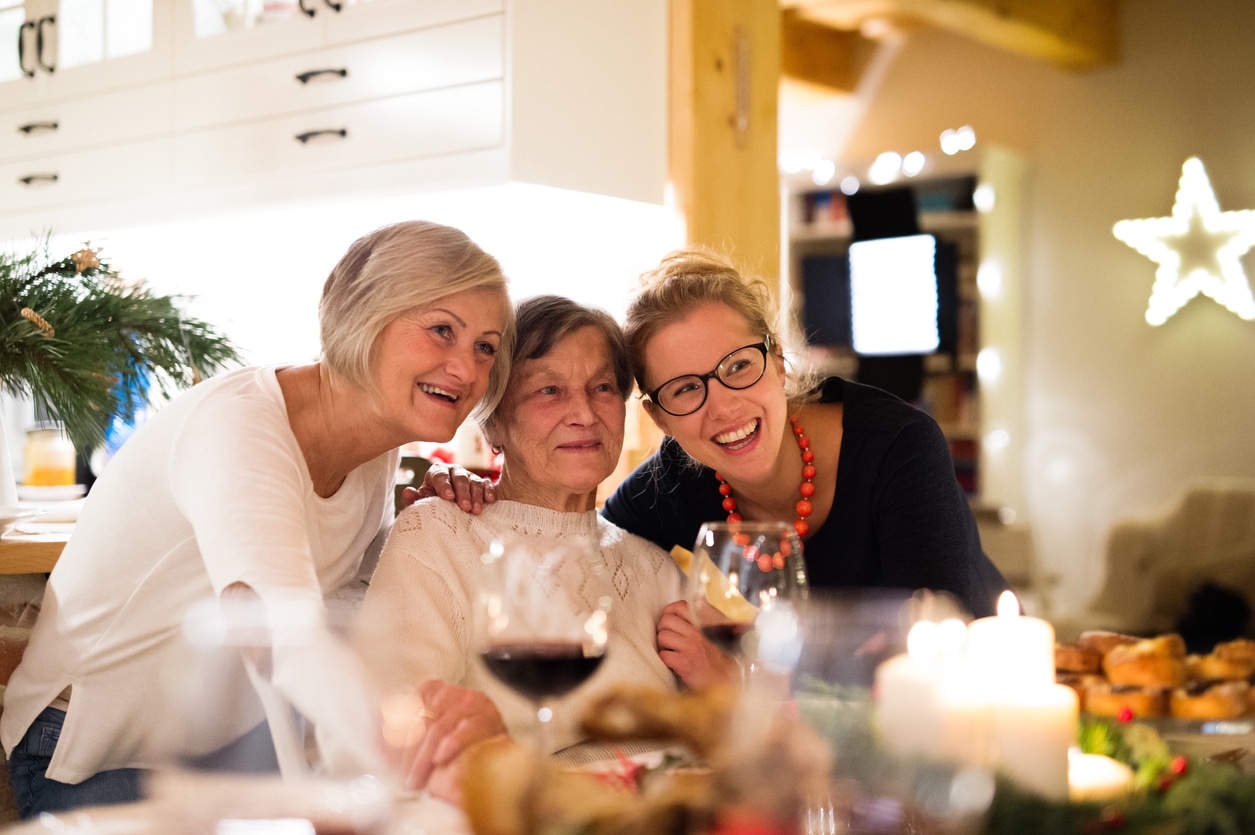“There’s a common misperception that as we age, our sleep gets worse. It’s not that simple at all,” asserts Michael V. Vitiello, Ph.D., professor of psychiatry and behavioral sciences, gerontology and geriatric medicine, and biobehavioral nursing at the University of Washington. “What we’ve learned in exploring the data that is that healthy older adults, as they continue to age, their sleep stays pretty constant, it does not change.” Those most likely to experience changes in their sleep are living with one or more conditions like sleep apnea or diabetes, which are known to impact slumber.
6 Healthy Sleep Habits
“There are things you can do to improve sleep for most people, even in your older years,” Vitiello says. These are called “sleep habits”, the activities, decisions and behaviors that impact your ability to fall and stay asleep.
The CDC recommends developing these six healthy sleep habits1:
- Try to keep a regular schedule for going to bed and waking each day.
- Avoid caffeine and other stimulants late in the day and avoid drinking liquids near bedtime.
- Limit naps, especially in the late afternoon or evening.
- Ensure your sleeping space is cool and dark (install automatic night lights to avoid fall risk)
- Exercise regularly, but not right before bed.
- Understand how your medications impact sleep.
If you adopt these habits and still have trouble getting a good night’s sleep, talk to your primary care provider to rule out sleep disorders, medical conditions or medication interactions that could be contributing factors.
The Impact of Poor Sleeping Habits
Developing healthy sleep habits may help you stay healthier and safer.
“Even short-term sleep deprivation, like one or two nights, has a significant impact on daytime cognitive function and on personality,” Vitiello says. “Decision-making, vigilance and problem-solving become more difficult, and people become more irritable and potentially more depressed or more anxious.” Reaction time also suffers. These impairments can put you at higher risk for trips and falls, car accidents and more.
Getting the sleep you need is as important to your health as good nutrition and exercise. “One way to age as optimally as you can is to ensure that you get the best sleep you can,” Vitiello concludes.
Don’t disregard professional medical advice, or delay seeking it, because of what you read here. This information is not intended as a substitute for professional consultation, diagnosis or treatment; it is provided “as is” without any representations or warranties, express or implied. Always consult a healthcare provider if you have specific questions about any medical matter, and seek professional attention immediately if you think you or someone in your care may be experiencing a healthcare condition or medical emergency.
1Centers for Disease Control – National Center for Chronic Disease Prevention and Health Promotion, Division of Population Health – Tips for Better Sleep. September 21, 2021.
